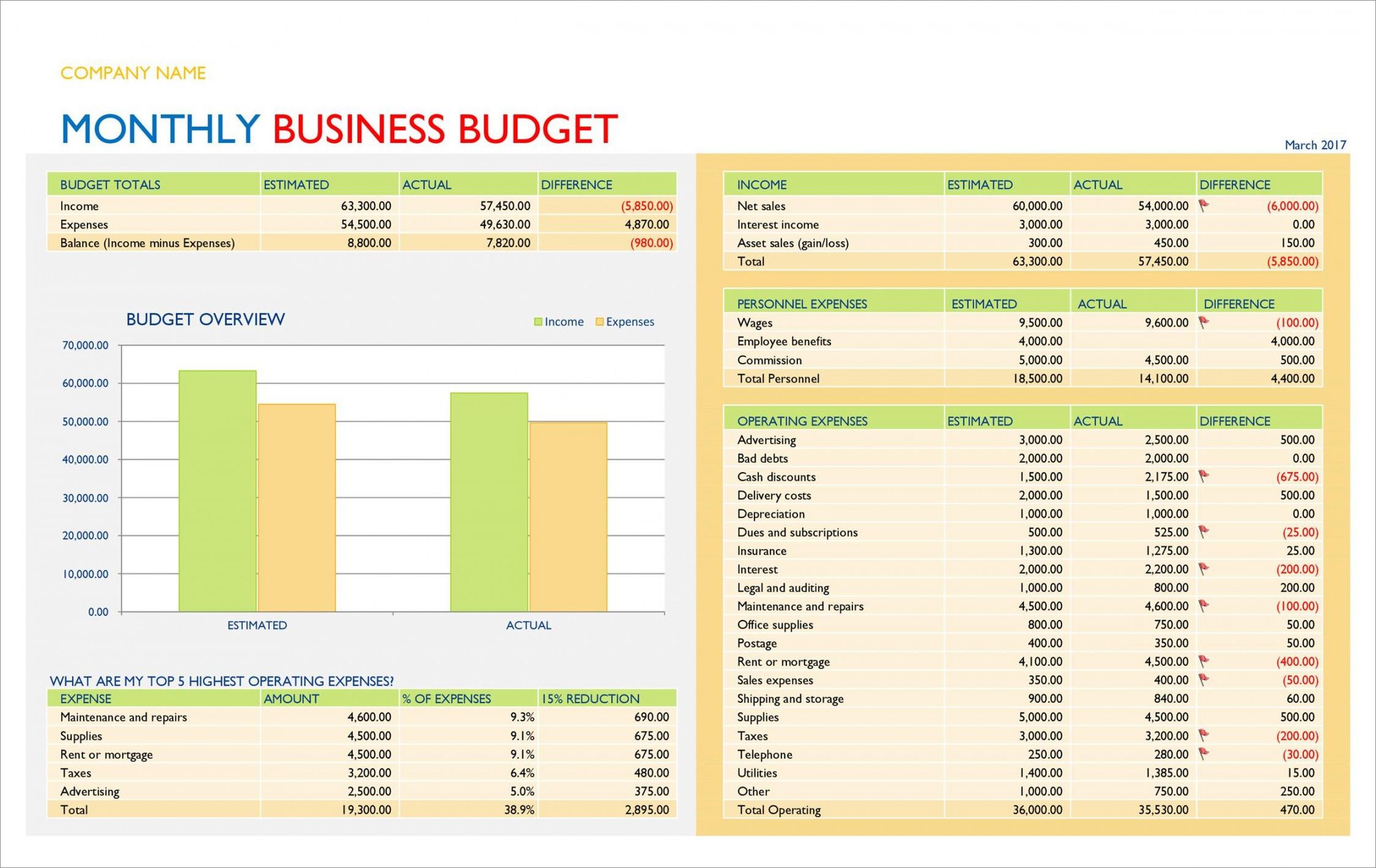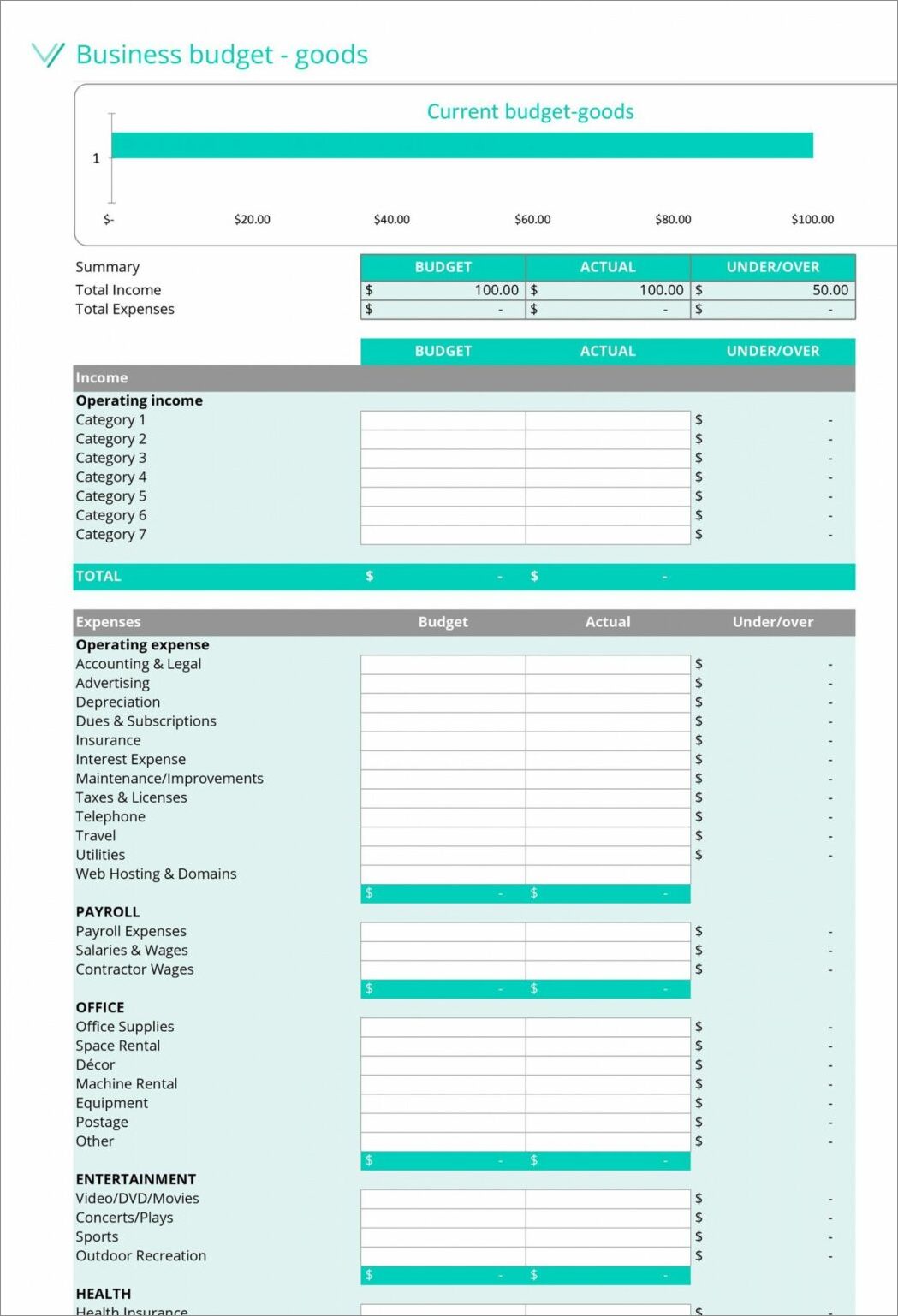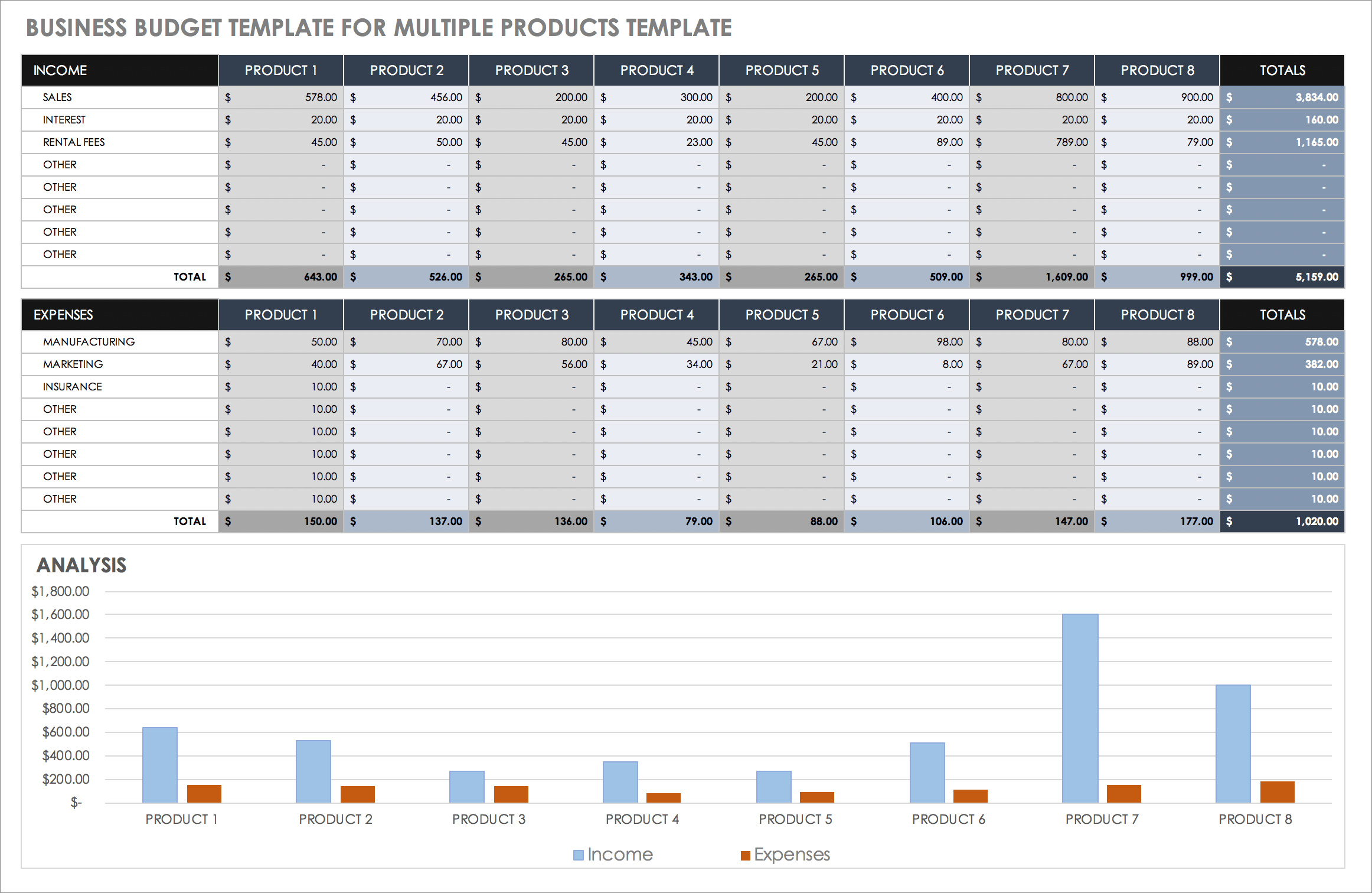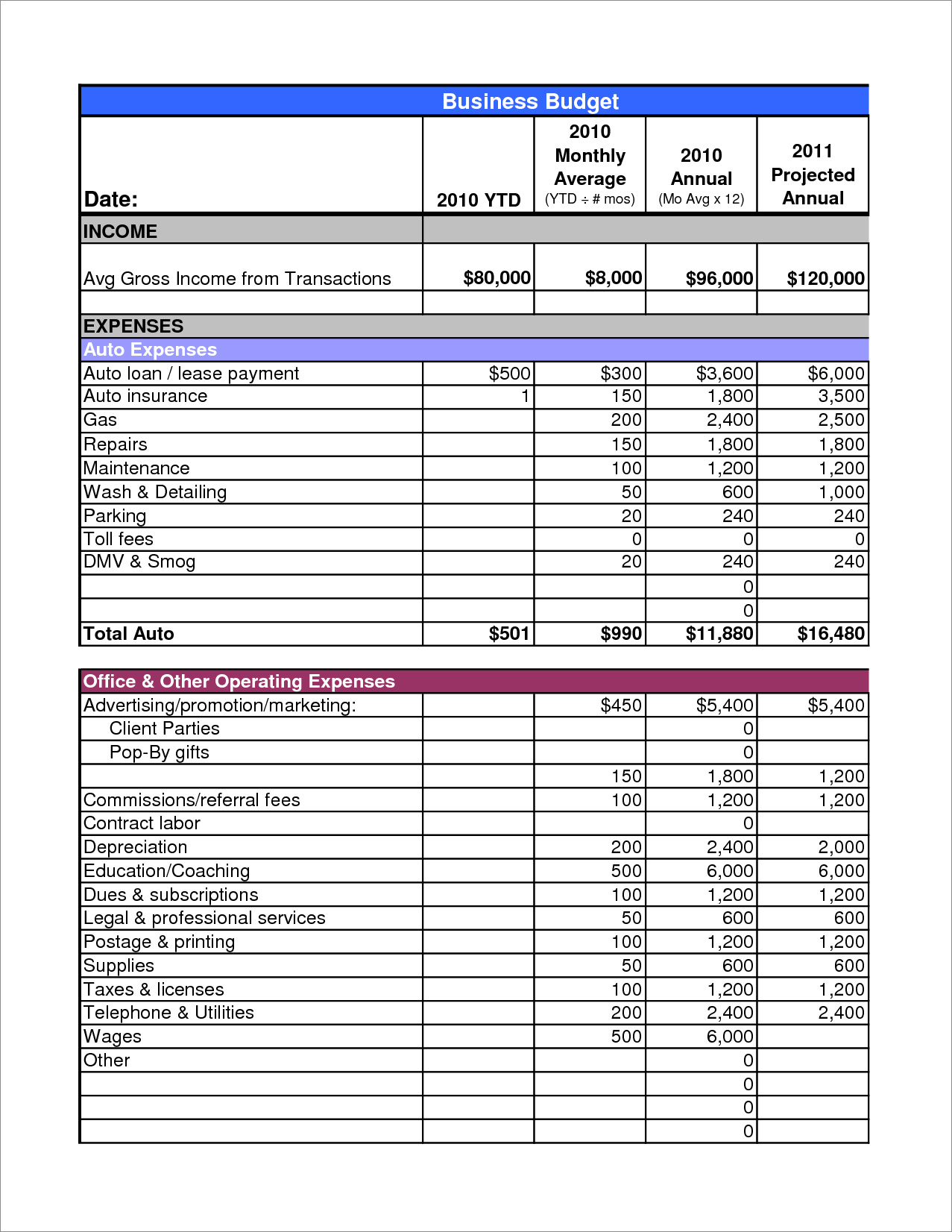Managing a company budget is a crucial aspect of running a successful business. It allows you to allocate resources wisely, plan for the future, and make informed decisions. However, many businesses struggle with effectively managing their budget, leading to financial difficulties and missed opportunities.
In this guide, we will explore the ins and outs of company budgeting, providing you with valuable tips and strategies to help you succeed. Whether you are a small startup or a large corporation, this guide will provide you with the tools you need to take control of your finances and achieve your business goals.
What is a Company Budget and Why is it Important?
A company budget is a financial plan that outlines the projected revenues and expenses of a business over a specific period. It serves as a roadmap for financial decision-making and provides a clear picture of the financial health of the company. A well-planned budget helps businesses set realistic goals, prioritize spending, and identify areas for improvement. It also allows for better financial management, as it helps track actual expenses and revenues against the projected ones.
How to Create a Company Budget
Creating a company budget requires careful planning and attention to detail. Here are the key steps to follow:
1. Gather Financial Information
Start by gathering all relevant financial information, including past financial statements, sales data, expenses, and financial projections. This will give you a clear understanding of your current financial situation and serve as a starting point for creating your budget.
2. Set Financial Goals
Define your financial goals for the budget period. These goals should be specific, measurable, achievable, relevant, and time-bound (SMART). For example, your goal might be to increase revenue by 10% or reduce expenses by 5%.
3. Estimate Revenues
Estimate your revenues based on historical data, market trends, and sales forecasts. Be realistic and conservative in your estimates to avoid overestimating your income.
4. Identify Fixed and Variable Expenses
Identify your fixed and variable expenses. Fixed expenses are recurring costs that do not change significantly, such as rent and salaries. Variable expenses, on the other hand, fluctuate based on your business activity, such as marketing expenses and raw materials.
5. Allocate Resources
Allocate resources to different areas of your business based on your goals and priorities. This includes setting aside funds for marketing, research and development, employee training, and other necessary expenses.
6. Monitor and Adjust
Regularly monitor your actual expenses and revenues against your budgeted amounts. This will help you identify any variances and make the necessary adjustments to stay on track.
Best Practices for Managing Your Company Budget
Managing your company budget effectively requires ongoing effort and attention. Here are some best practices to help you stay on top of your finances:
1. Track Expenses Closely
Keep a close eye on your expenses and track them regularly. This will help you identify any unnecessary spending or areas where you can cut costs.
2. Review and Update Your Budget Regularly
Review and update your budget regularly to reflect any changes in your business or the market. This will ensure that your budget remains relevant and accurate.
3. Involve Your Team
Involve your team in the budgeting process. This will not only help you get valuable input and ideas but also create a sense of ownership and accountability among your employees.
4. Plan for Contingencies
Include a contingency fund in your budget to account for unexpected expenses or emergencies. This will help you avoid financial strain and ensure that you have a buffer in case of unforeseen circumstances.
5. Use Budgeting Software
Consider using budgeting software or tools to streamline the budgeting process and make it more efficient. These tools can help you track expenses, generate reports, and analyze your financial data easily.
6. Seek Professional Help
If you find budgeting overwhelming or lack the necessary expertise, consider seeking professional help. An accountant or financial advisor can provide valuable insights and guidance to help you manage your budget effectively.
Sample Company Budget Template




Here is a sample company budget template to help you get started:
- Revenue: Include all sources of income, such as sales, investments, and loans.
- Cost of Goods Sold: Calculate the direct costs associated with producing your products or services.
- Operating Expenses: Include all fixed and variable expenses, such as rent, utilities, salaries, marketing, and office supplies.
- Net Income: Calculate your net income by subtracting your expenses from your revenue.
- Budget Variances: Monitor and analyze any variances between your budgeted amounts and actual expenses/revenues.
Conclusion
Managing your company budget effectively is essential for the long-term success of your business. By following the steps outlined in this guide and implementing the best practices, you can take control of your finances, make informed decisions, and achieve your business goals. Remember, budgeting is an ongoing process, so regularly review and update your budget to ensure its accuracy and relevance. With proper budget management, you can navigate through financial challenges, seize opportunities, and thrive in today’s competitive business landscape.
Company Budget Template Excel – Download
